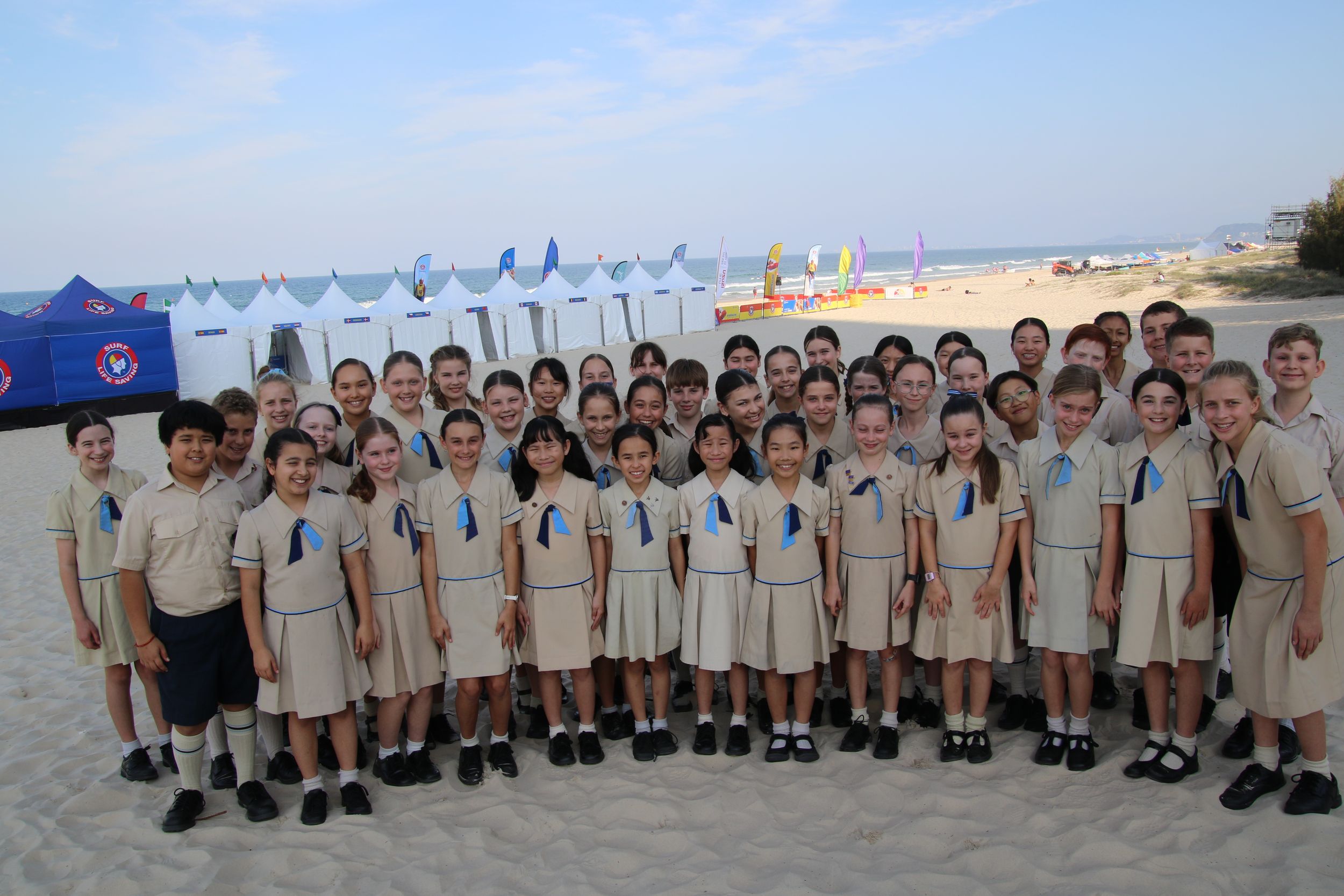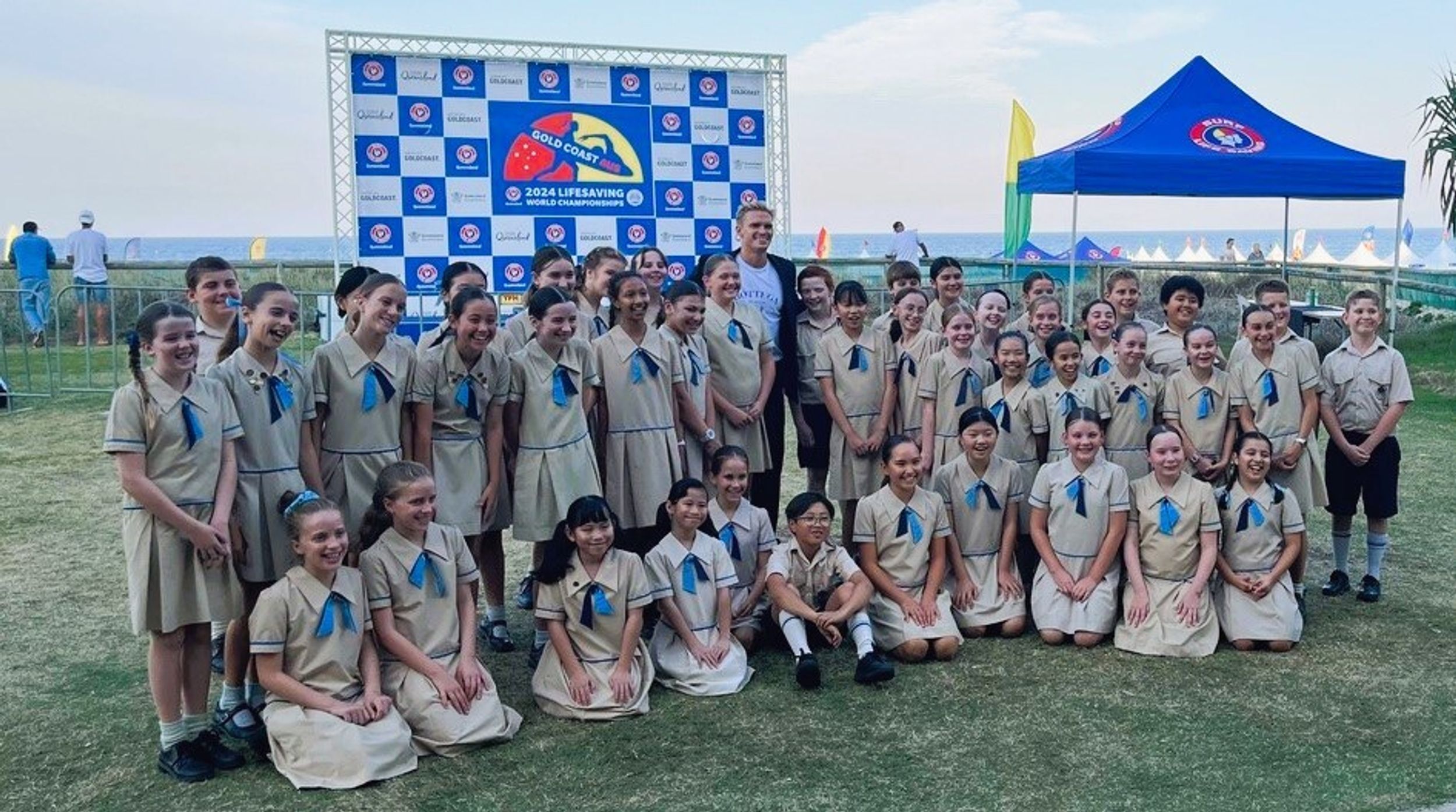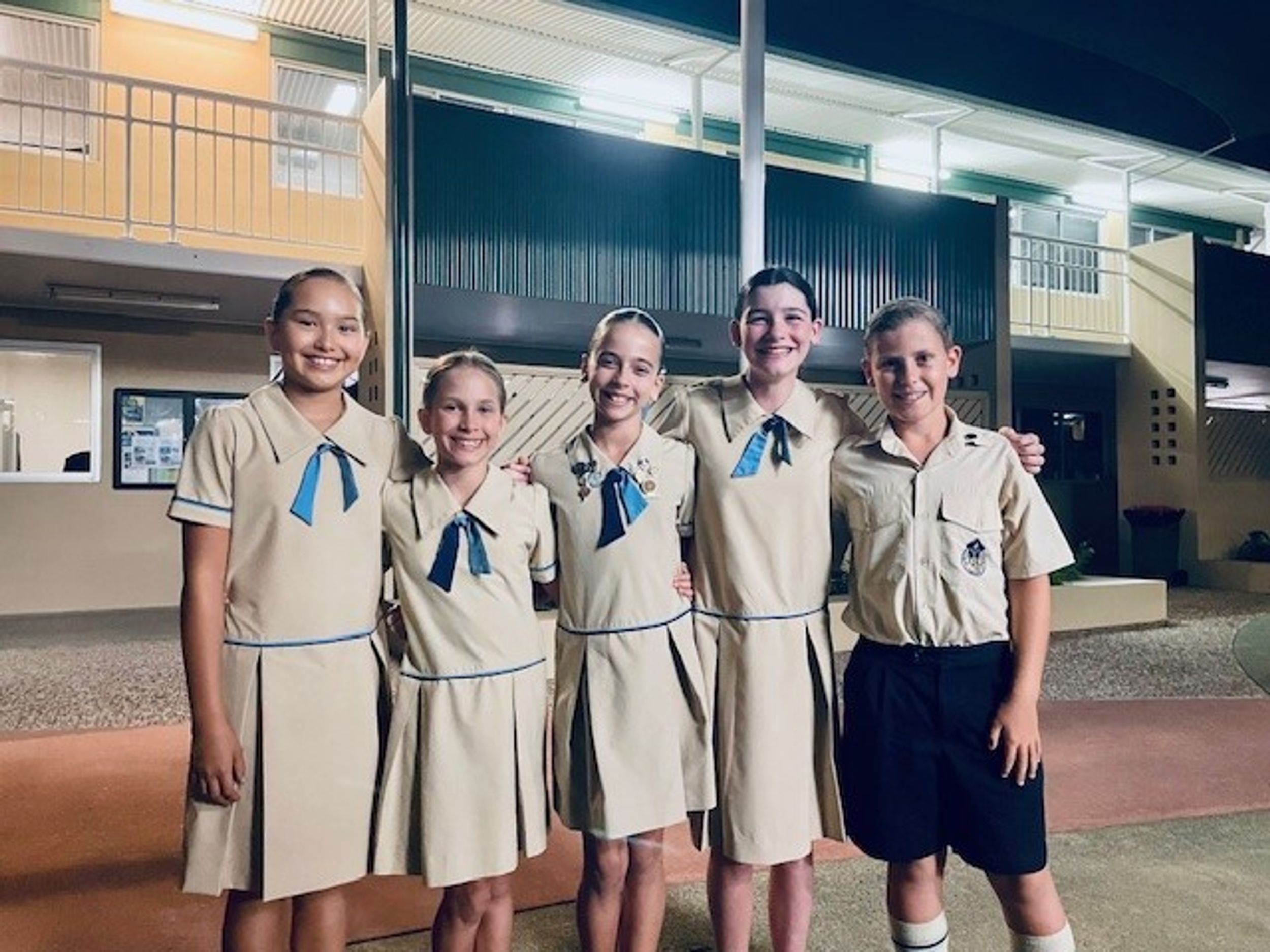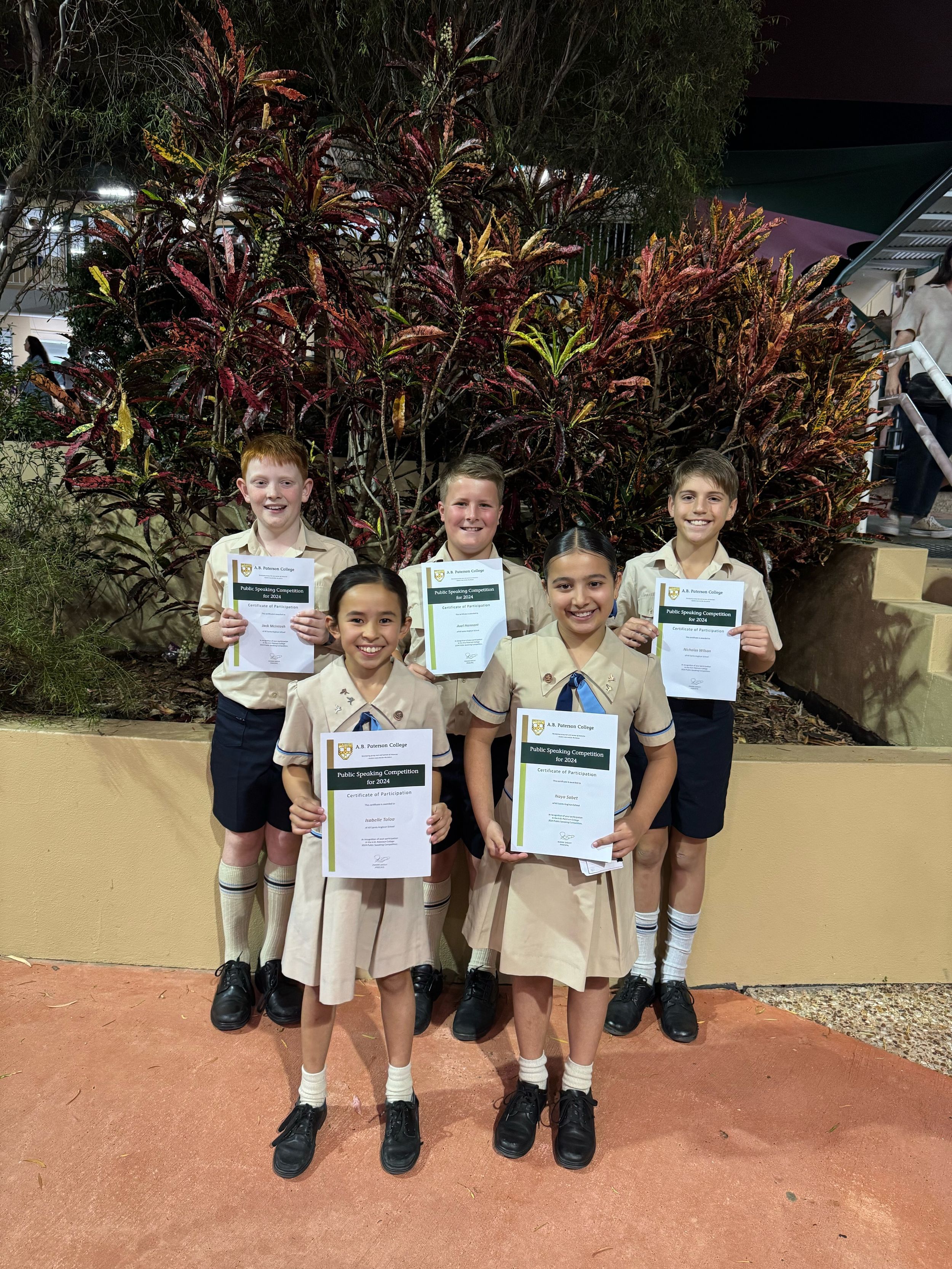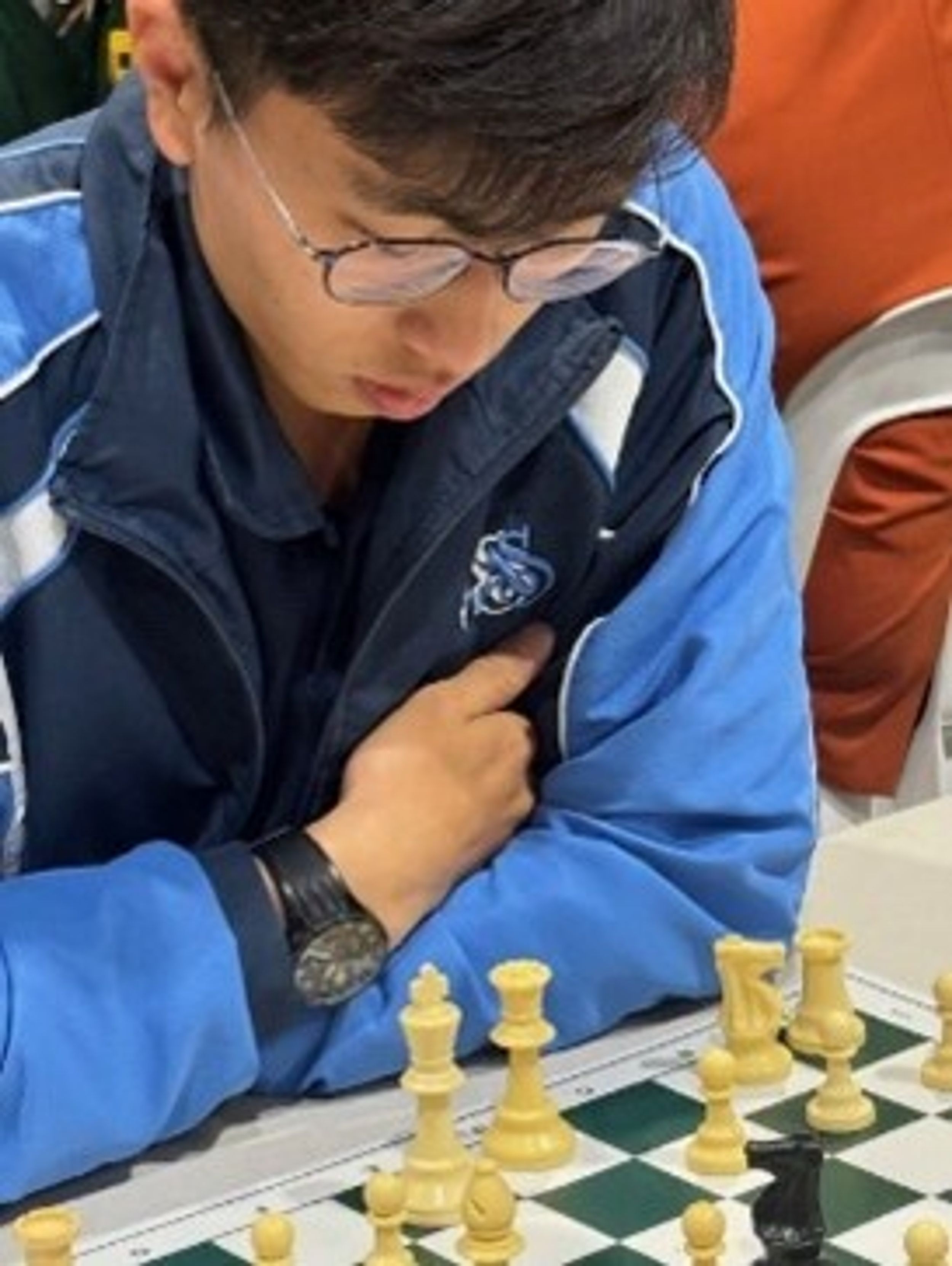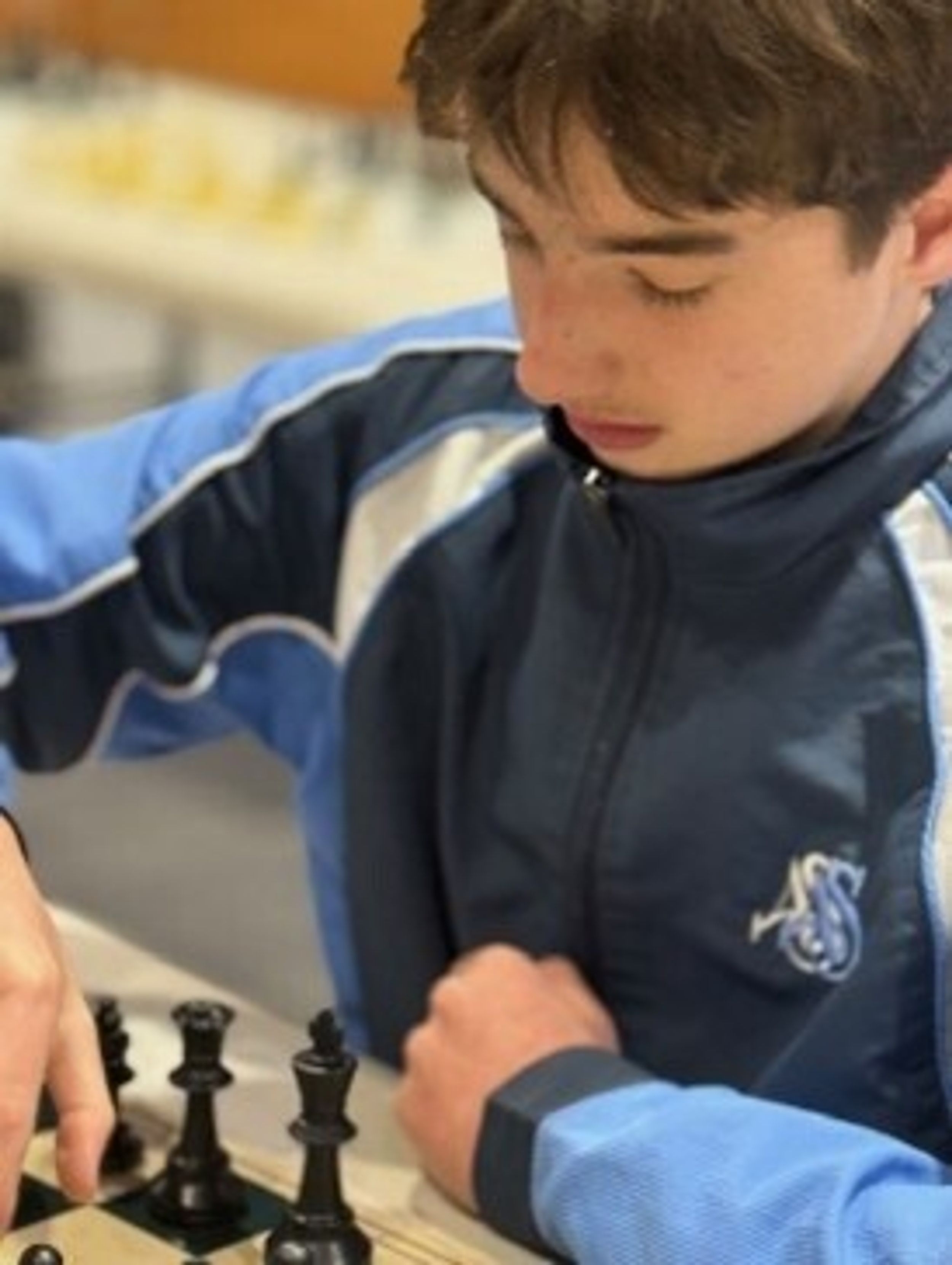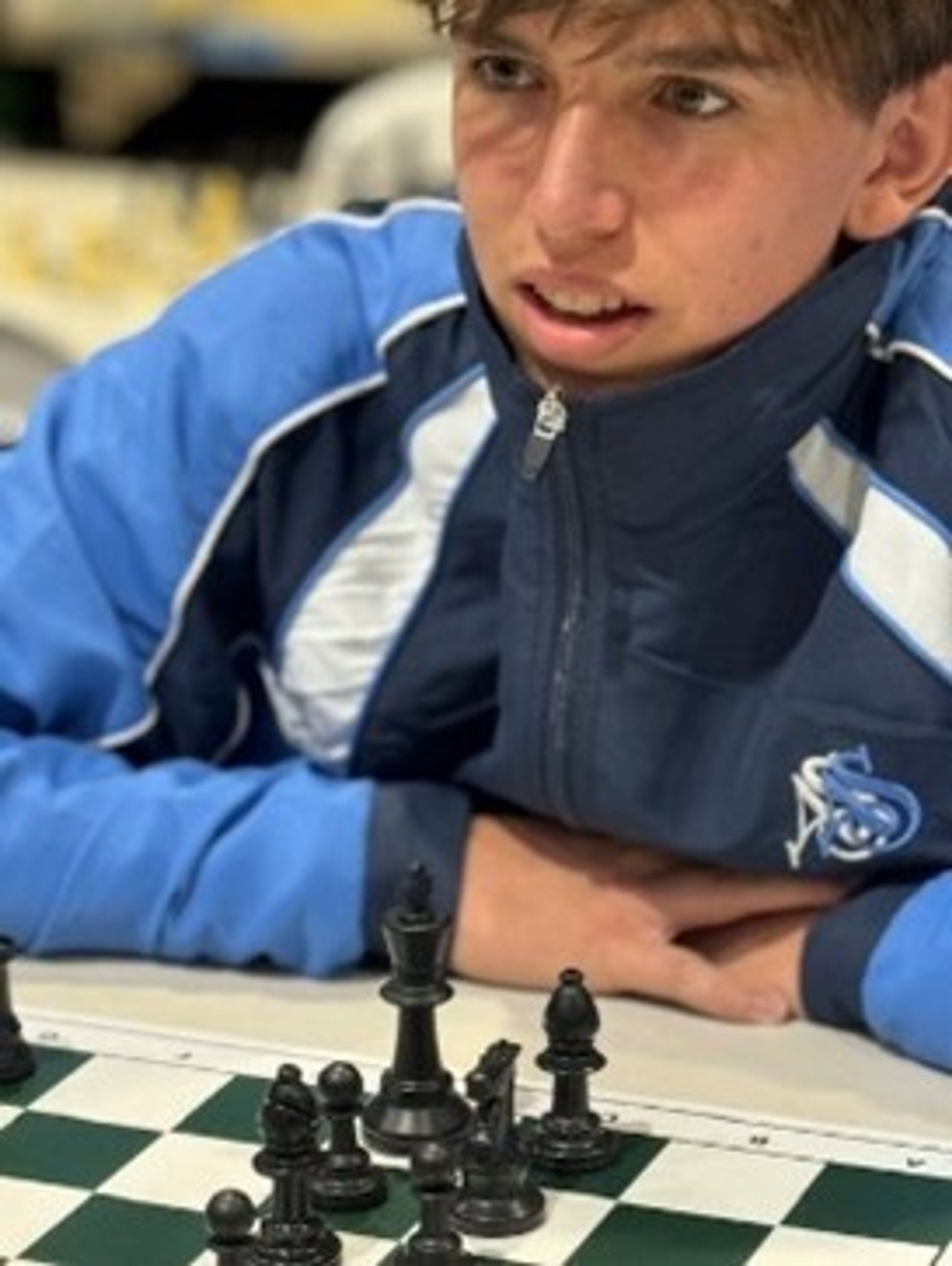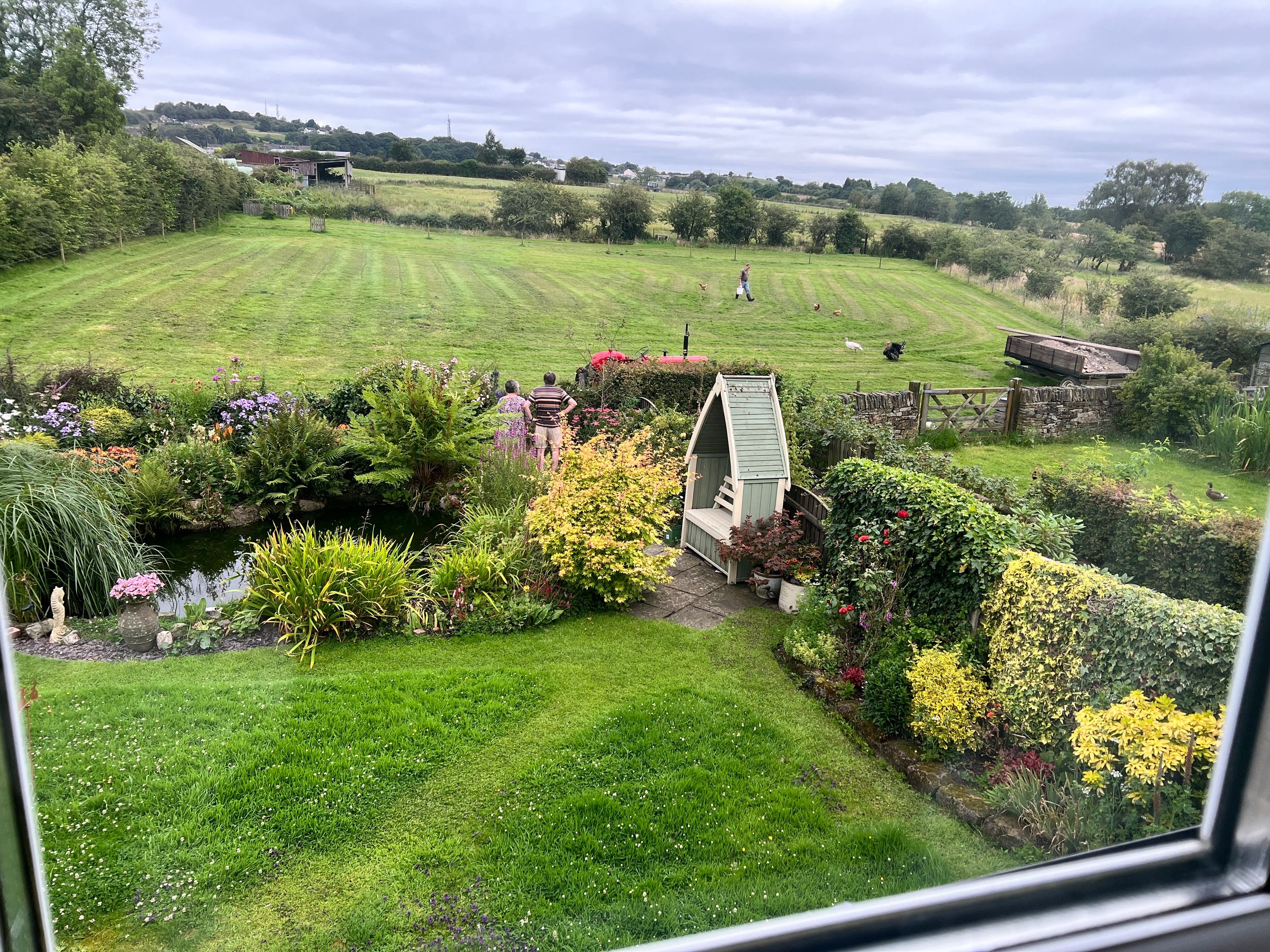Well… What do you think?
One of the privileges of working with young people is that they see through sophistry as if it were a pane of glass. If this is in part a result of the post-modern emphasis on instilling critical thinking skills in our students, then God bless post-modernism! If we want our students to wear their shirts tucked in, or to refrain from swearing, or to pick up any litter they see lying indolently on the path they travel, or to believe in a God they presently are unable to see or hear, then we need to have compelling arguments to support our requests. It is a measure of how far we have travelled down this track that no self-respecting teacher or parent would any longer seek to justify a ‘Why should I?’ with the words “Because I tell you to!” Young people today expect others to treat them with respect, and most of them, terrifying as it may seem to us older generations, have developed the sophistication to recognise duplicity or evasion when they see it. So, what can we tell them, when they ask us those overwhelming questions about the refugee issue, or the Middle East, or why church and educational institutions failed so spectacularly in their duty to keep children safe?
One response might be to meet their question with one of our own. “Well…what do you think?” It is a good strategy, founded on sound pedagogy. We can listen intently to their response, and then encourage them to balance their view by suggesting other possibilities. In this way, we encourage them to argue cogently their own position, and, if their argument is found wanting, to consider viable alternatives. Perhaps this is the ‘responsible’ approach, since in the teacher-student relationship there is a need for a degree of professional detachment that evokes a sense of objectivity. Whether we like it or not, teachers are ‘significant adults’ in the lives of our students, and if we put all our cards on the table with regard to these ‘big’ questions, we risk influencing those we teach in a way that might inhibit or filter their own legitimate searching after the truth. Yet sometimes they just need to know. The refugee issue, for example, has all of us on edge. As a Christian community we are called to be compassionate, yet the intricacies influencing this complex dilemma are challenging indeed.
It seems to me that the best we can do at times like these is firstly to try to furnish them with the skills they will need to recognise the various agendas underpinning those forces in society that will seek to manipulate their views, and to encourage them to find their own way through the deluge of opinions they encounter in the electronic and print media; and secondly to support them when they feel confused by what they see and hear. It’s confusing enough for us to make sense of the overwhelming questions of our time, so imagine what it must be like for our children. One useful response, I believe, is to encourage them to talk about such issues and to listen intently when they do. Whether we are their teachers, their parents or their friends, let us at least try to engage in some kind of dialogue about the issues that are playing out on our television screens each evening. Thus whilst we might rarely have the answers to the dilemmas we face as a society and as individuals, we can surely gain some comfort from our determined and collective efforts to nonetheless grope our way towards them.
I was so blessed on Wednesday evening to travel to Kenilworth for our special ‘rite of passage’ evening with the Year 11s. What a beautiful night it was. The students were magnificent – so respectful, so engaged, so willing to keep their hearts and minds open to what turned out to be a most moving occasion. For a brief while we were able to set aside the ‘busyness’ of the world and our lives and simply celebrate the ties that bind us together as a group.
As this is the last Saints Alive for the term, please allow me to thank you all for the support you continue to so willingly provide for our school and also for your willingness to forgive us when we let you down, as I know we occasionally do. Life is as imperfect as it is wonderful and always better when shared with people we love and respect. Have a restful Spring break and we look forward to welcoming you back to school on Tuesday 1 October.
Patrick Wallas
Headmaster





